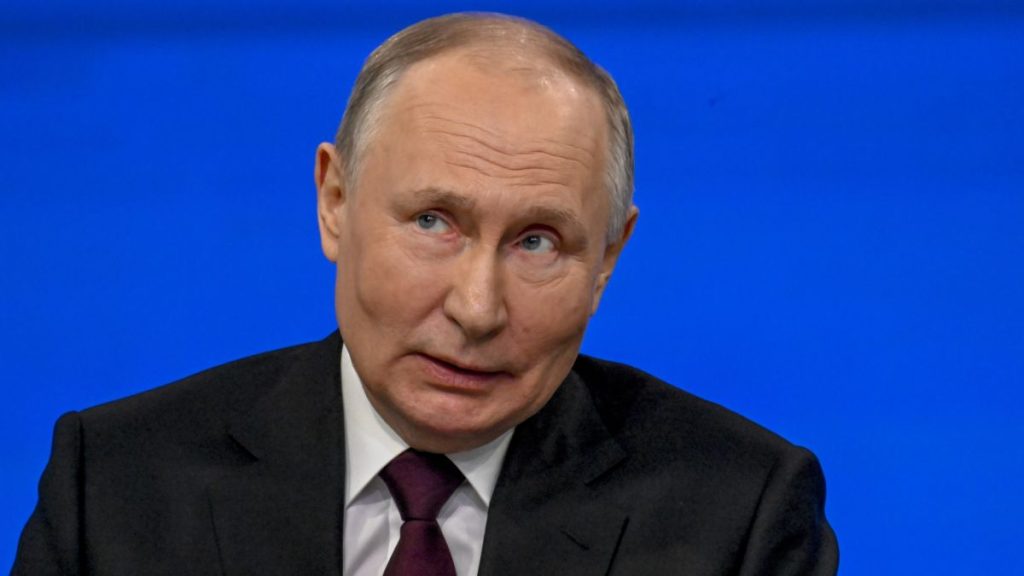Even some who normally support the Kremlin’s repressive measures expressed alarm.
Others are reading now
Even some who normally support the Kremlin’s repressive measures expressed alarm.
Putin Signs Controversial New Law
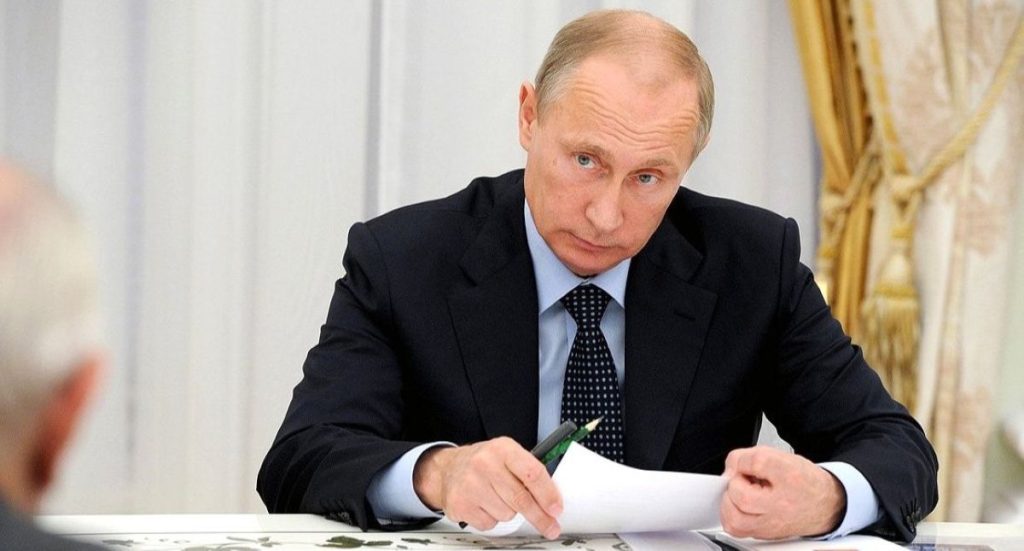
Russian President Vladimir Putin has signed a law that penalizes individuals for searching online content deemed “extremist” by the state.
The move has sparked concern, even among typically loyal Kremlin supporters, for its sweeping implications.
With vague definitions and harsh penalties, the law marks a deepening of Russia’s authoritarian grip.
‘Extremism’ Now Includes Political Opponents
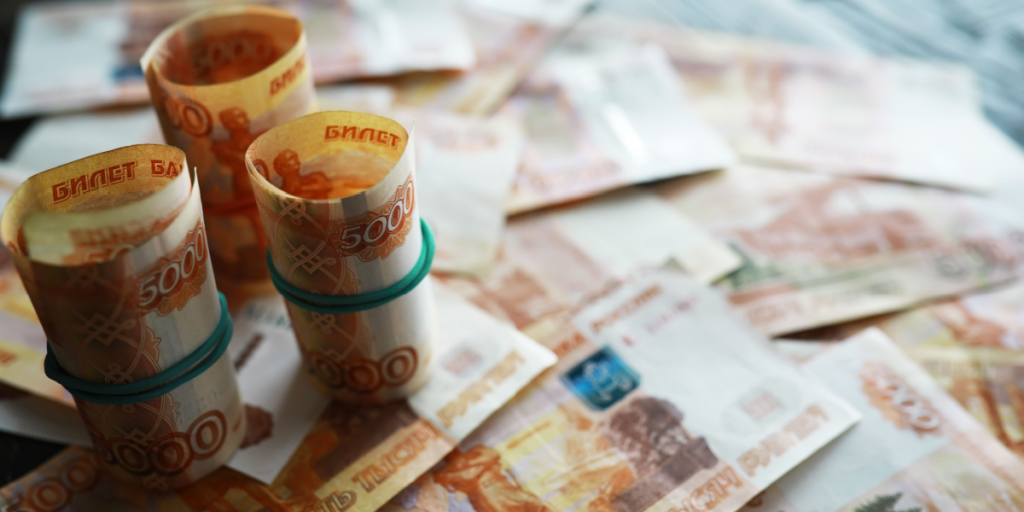
Under the new law, the term “extremist” is so broadly defined it now includes not just terrorist groups, but also political opposition movements and even the international LGBT community.
Also read
Authorities can impose fines of up to 5,000 rubles (around €55) on individuals who conduct prohibited searches online.
Navalny’s Legacy Branded Extremist
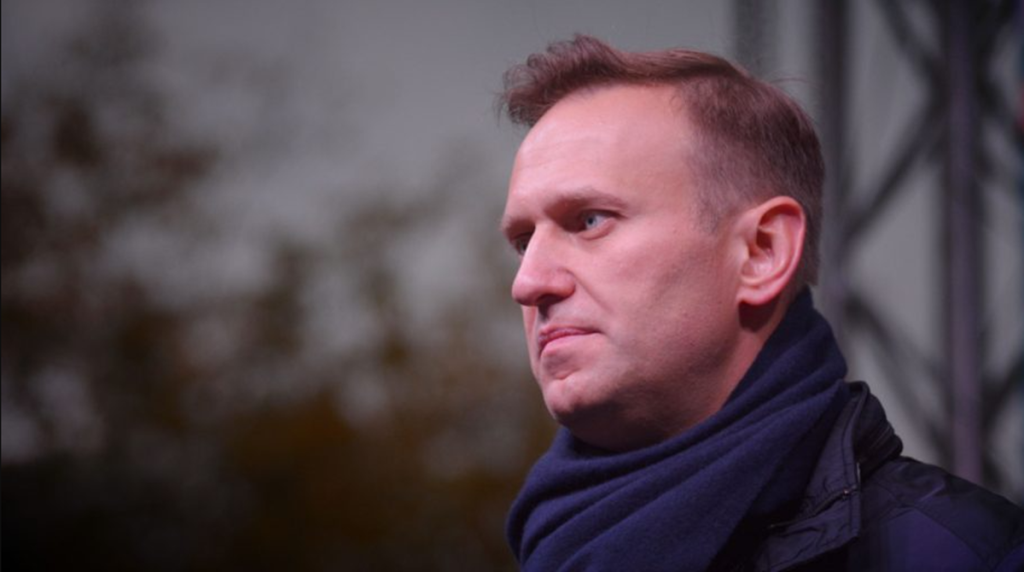
The late opposition leader Alexei Navalny’s organization is officially classified as extremist under the law, placing supporters at risk for simply seeking information.
This legal move continues the Kremlin’s campaign to erase Navalny’s influence and intimidate any form of organized dissent.
VPN Promotion Now Banned in Russia

The legislation also outlaws promoting or facilitating the use of VPNs, essential tools for millions of Russians to access uncensored information.
This crackdown threatens to cut citizens off from independent media and international platforms like YouTube, Facebook, and Google.
Also read
Unusual Dissent From Within the Duma
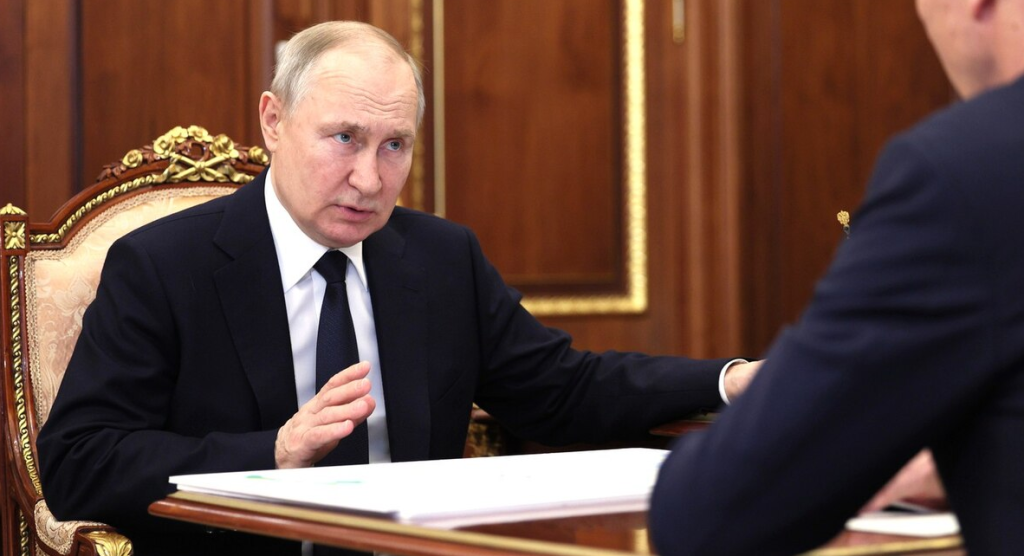
In a rare display of internal resistance, about 60 members of parliament voiced opposition to the law.
Even some who normally support the Kremlin’s repressive measures expressed alarm, indicating rising discomfort with how far the government is willing to go to silence free expression.
Thought Crimes Punishable by Fines
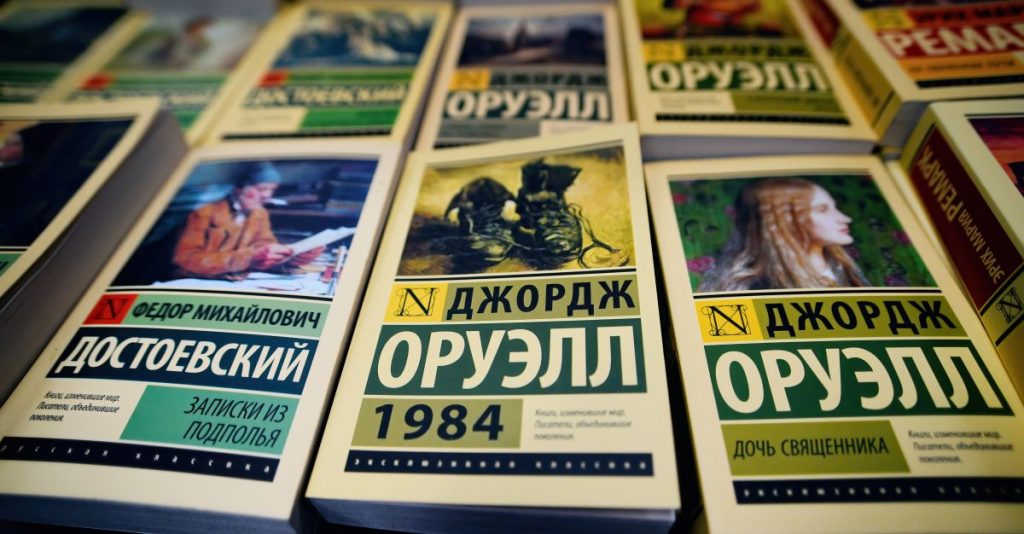
Boris Nadezhdin, a prominent opposition figure barred from running in the 2024 election, likened the law to George Orwell’s dystopian novel 1984.
He warned that the legislation effectively criminalizes thought and gives authorities the power to punish citizens merely for curiosity.
Russia’s Digital Iron Curtain Grows Thicker
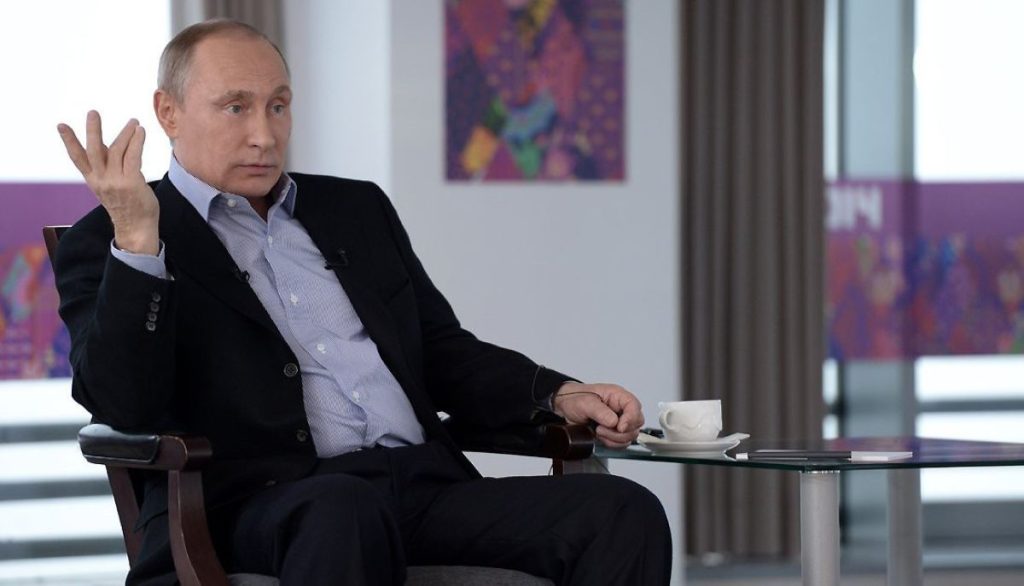
Since the invasion of Ukraine in 2022, Russia has accelerated efforts to isolate its information space.
Also read
This new law adds to a growing list of measures aimed at suppressing dissent, stifling free speech, and controlling access to independent news both domestic and foreign.

